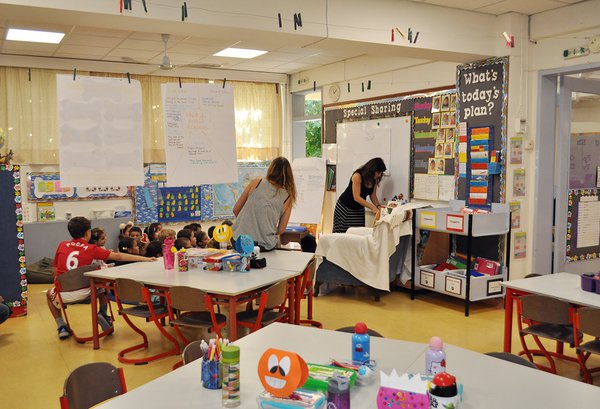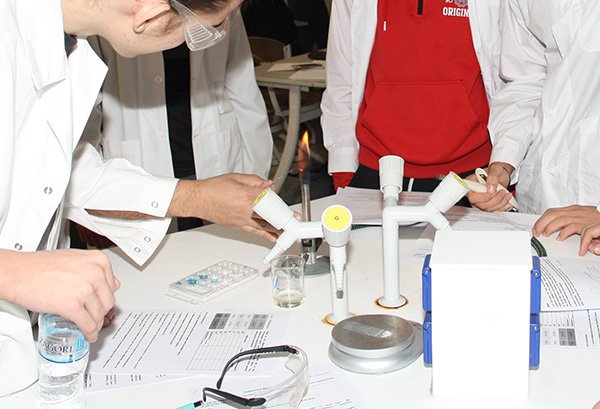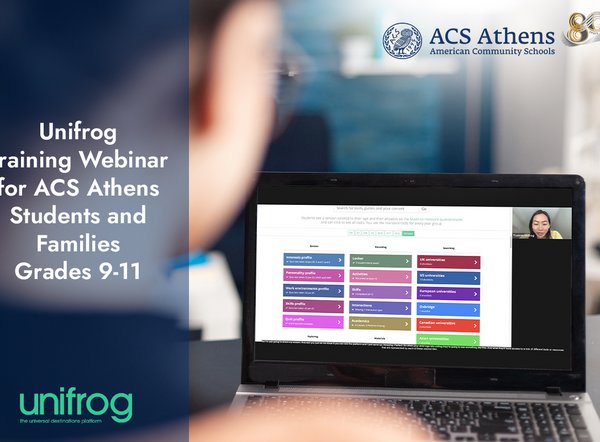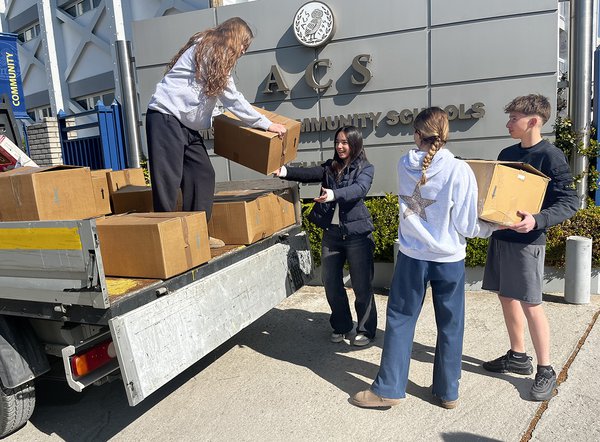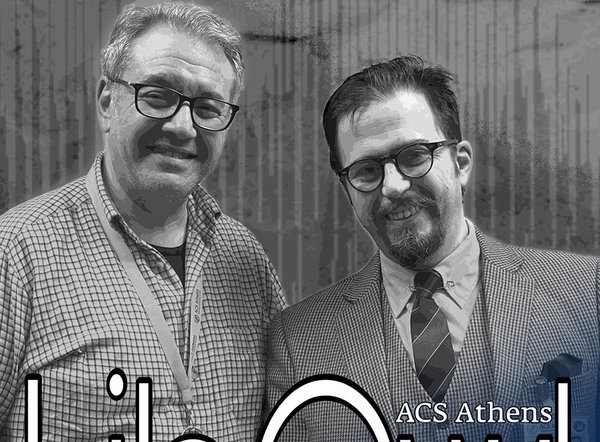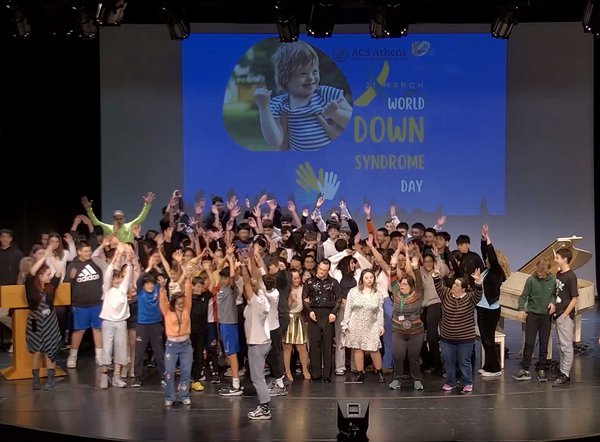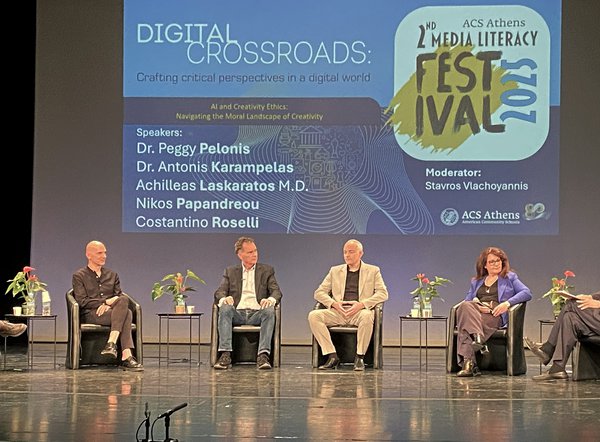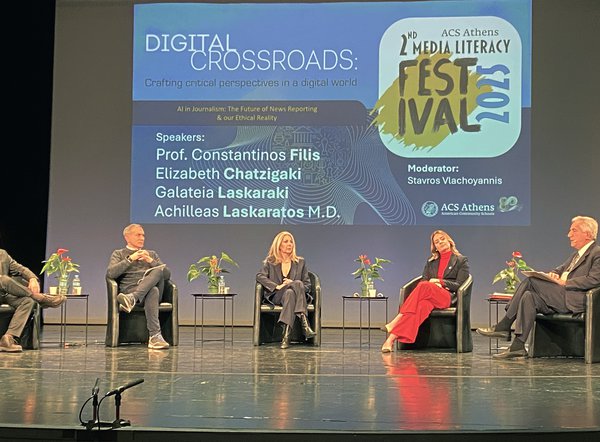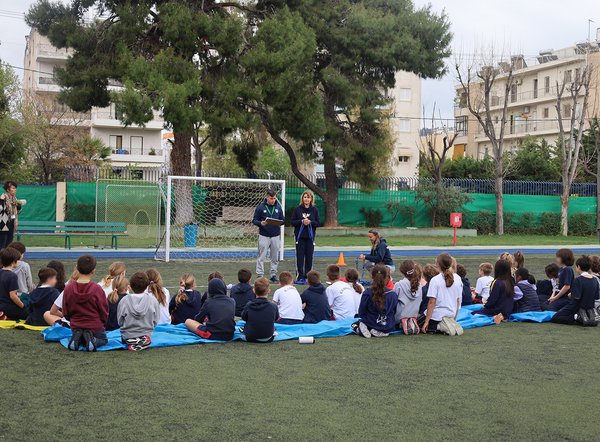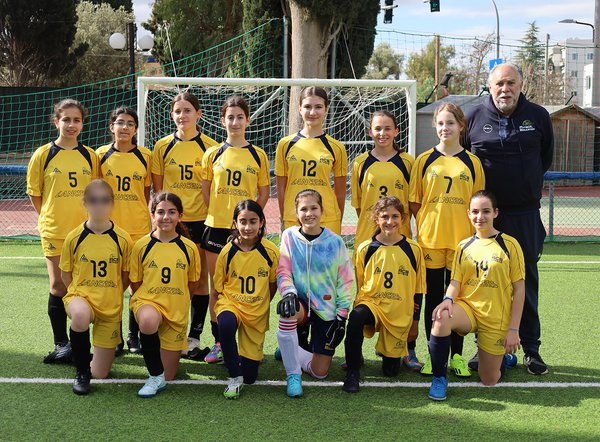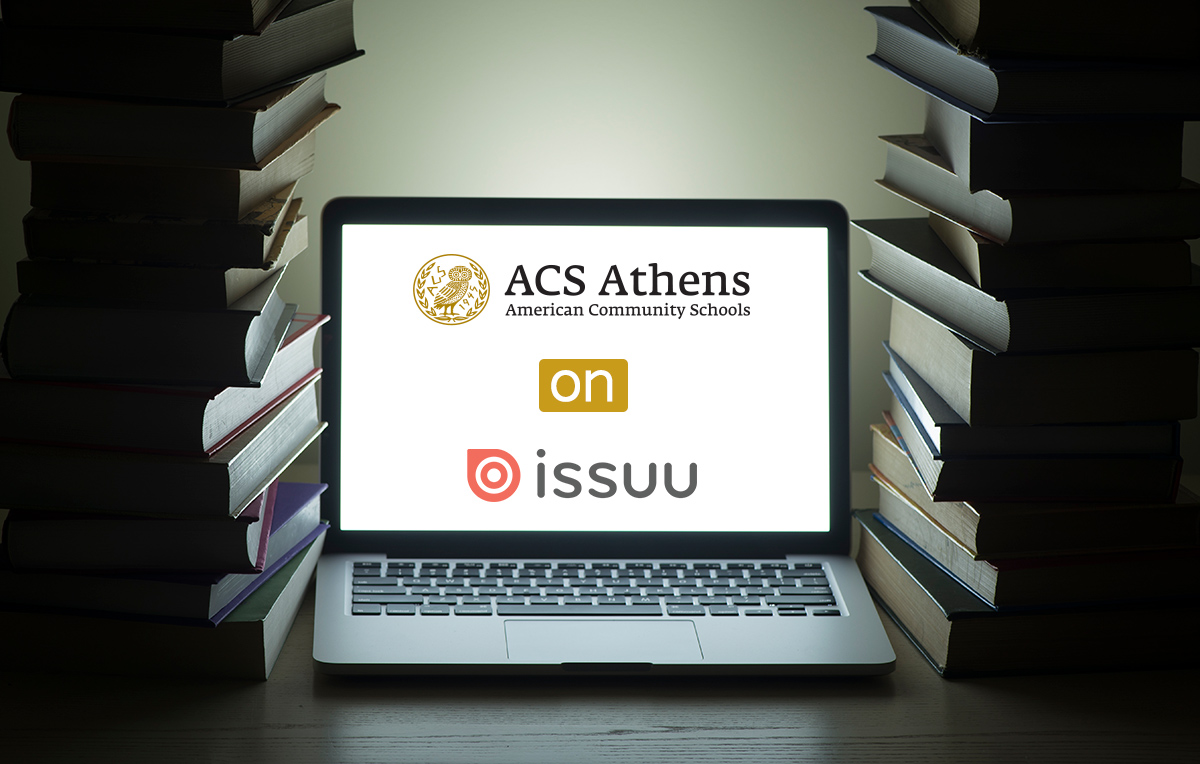The ACS Athens Elementary School team of educators consists of dedicated professionals who bring unique experiences and expertise...
Read more60 nationalities
#weareacsathens
#weareacsathens
#weareacsathens
#weareacsathens
#weareacsathens
#weareacsathens
#weareacsathens
ALL ABOUT ACS ATHENS
Welcome to ACS Athens!
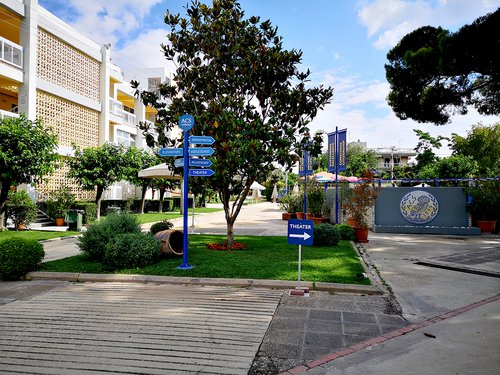
ACS Athens is a student-centered international school, embracing American educational philosophy, principles and values.
Through excellence in teaching and diverse educational experiences, ACS Athens challenges all students to realize their unique potential: academically, intellectually, socially and ethically — to thrive as responsible global citizens.
Read More →Read the Brochure →Arrange a Visit →Accreditation Validation by the MSA-CESS
Accreditation
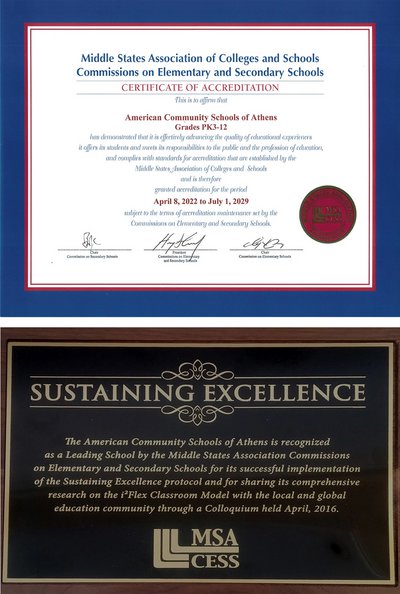
ACS Athens is accredited by the Middle States Association of Colleges and Schools and is granted accreditation until 2029.
Read More →RAIL—the Responsible AI in Learning
Endorsement
ACS Athens was amongst the first 10 schools worldwide to receive the RAIL (Responsible Artificial Intelligence Learning) endorsement pioneered by the Middle States Association, in August 2024.
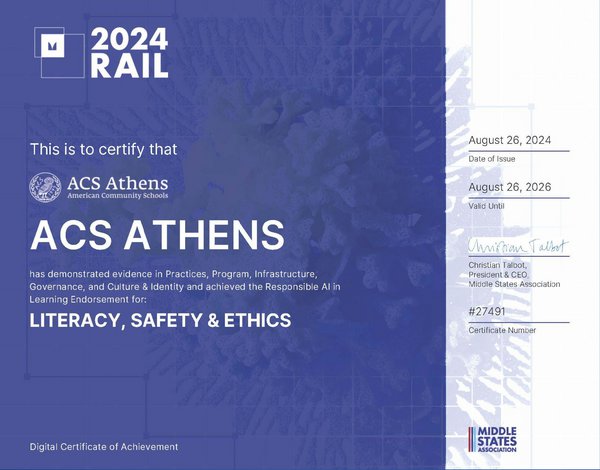
The administration, faculty, staff, students, and community of the ACS Athens Middle School are devoted to academic achievement and...
Read moreThe ACS Athens Academy is a comprehensive four-year high school enrolling 400 students in grades 9 through 12. The Academy's diverse...
Read moreThe IB program is an integral part of the Academy's academic offerings, where students may take the full Diploma Program or combine...
Read morePublications
ACS Athens produces a wealth of publications, articles, academic papers each year. From the Ethos Magazine, published since 2006, to the school Handbooks.
Read More →



